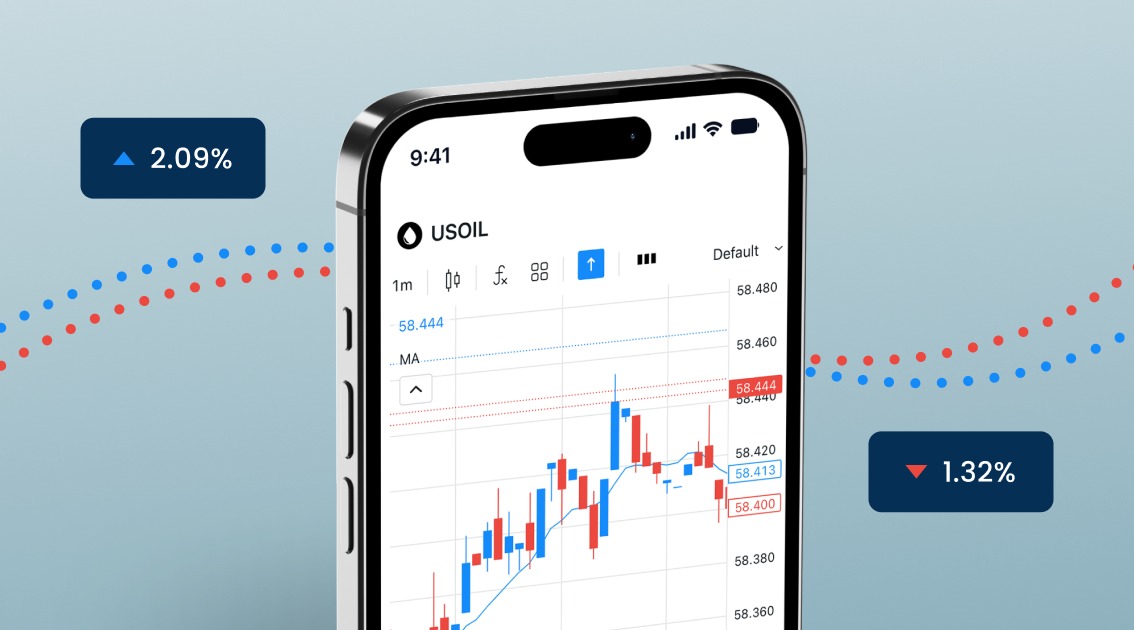As the financial world continues to evolve, the emergence of blockchain technology has sparked discussions about the potential transformation of stock markets. While dark pools have provided institutional investors with certain advantages, concerns over market opacity and fairness persist. As such, it becomes crucial to explore how blockchain's transparency can offer a stark contrast to the opacity of dark pools and how transitioning to blockchain-powered stock markets could be a game-changer for investors, ushering in a new era of transparency and efficiency.
Dark Pools' Opacity vs. Blockchain's Transparency
Dark pools have long been favored by institutional investors for their ability to execute large trades anonymously, away from public exchanges. However, the lack of transparency inherent in dark pools has raised questions about market fairness and potential manipulation. In contrast, blockchain technology offers an innovative approach to enhance market transparency and integrity.
Immutable and Decentralized Ledger
Blockchain operates on a decentralized ledger, where transactions are securely recorded and cannot be altered or manipulated. Each transaction, represented as a block, is linked in a chronological chain, creating a transparent and unchangeable record of all market activities. This decentralized nature ensures that no single entity can control the data, reducing the risk of information asymmetry.
Real-time Data Accessibility
In a blockchain-powered stock market, trade data and pricing information are updated in real-time and accessible to all participants simultaneously. This level of transparency allows investors to make informed decisions based on the most up-to-date information, leveling the playing field for both institutional and retail investors.
Smart Contracts for Enhanced Security
Blockchain technology allows for the implementation of smart contracts, self-executing agreements with predefined rules. Through smart contracts, trade settlements can be automated, reducing the risk of errors and potential delays. The trustless nature of smart contracts also eliminates the need for intermediaries, streamlining the trading process and further improving market efficiency.
Enhanced Regulatory Oversight
By adopting blockchain technology, stock markets could offer regulatory bodies unparalleled visibility into market activities. Regulators would have access to real-time data and be able to monitor transactions more efficiently, ensuring compliance and detecting any potential market abuses promptly.
Investors' Potential Gains with Blockchain Stock Markets
The transparency provided by blockchain technology ensures that all market participants have access to the same information. This fosters trust in the market and reduces concerns about unfair practices, ultimately enhancing market integrity.
Moreover, by transitioning to blockchain-based stock markets, the consolidation of trading data across multiple platforms can lead to increased liquidity. A more liquid market benefits investors by allowing for faster and more efficient trade executions, reducing the impact of large orders.
As for transaction costs, the use of blockchain technology eliminates the need for intermediaries and simplifies the trade settlement process through smart contracts. As a result, costs are reduced, benefiting both investors and market operators.
Lastly, in what concerns transparency and accessibility, blockchain-powered stock markets can foster greater inclusivity, enabling retail investors to participate on more equitable terms alongside institutional players. This democratization of access can lead to a more diverse and resilient market ecosystem.
Wrapping up
The dark pool debate highlights the complexities of modern financial markets, where competing interests must be carefully balanced. While dark pools offer significant advantages in terms of liquidity and reduced market impact, concerns about market fairness and transparency cannot be ignored.
Transitioning stock markets to blockchain technology holds the promise of greater market integrity and investors would surely stand to gain from a more transparent and efficient market ecosystem, as it levels the playing field and fosters trust in the financial system.
As the technology continues to mature and regulatory frameworks adapt, the potential benefits of blockchain-powered stock markets become even more compelling, heralding a new era of transparency and opportunity for all investors.

















